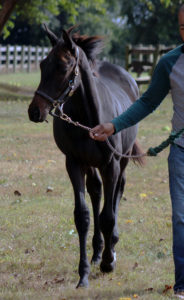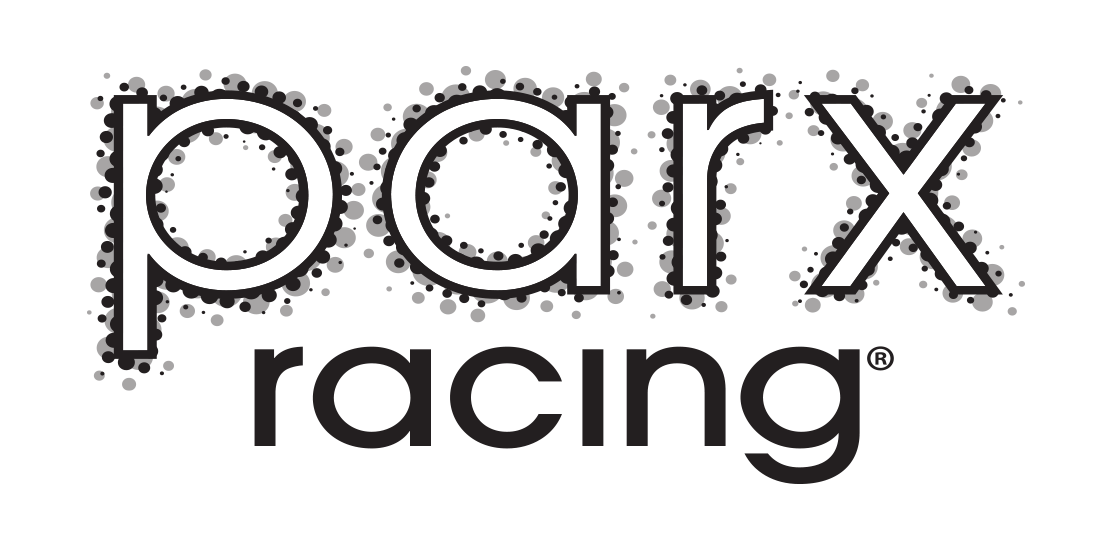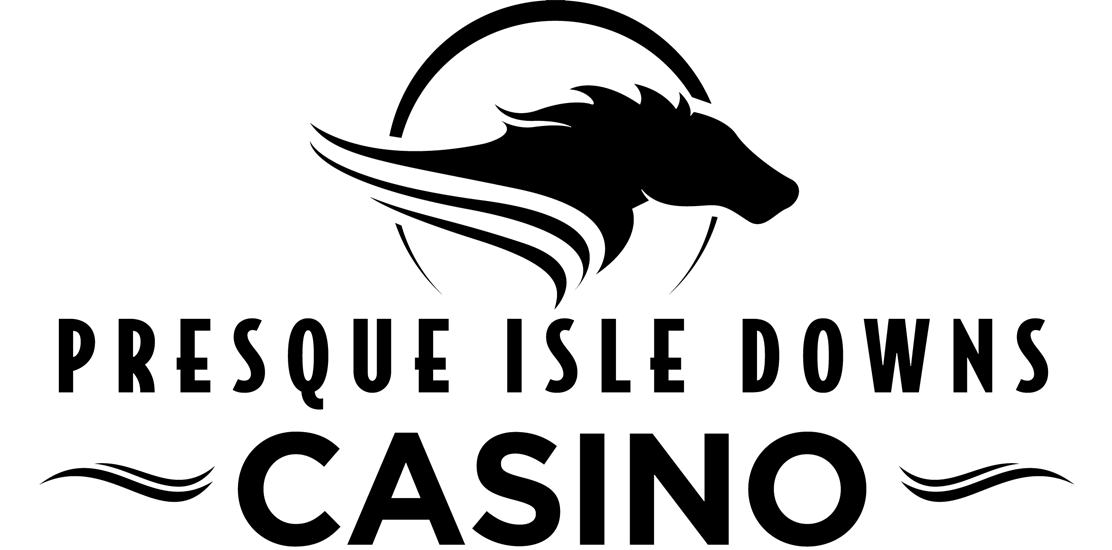Humans have maintained a close, almost mystical, relationship with horses for millennia, a deep trust formed from our mutual admiration for one another. Visit a Pennsylvania racehorse, for example, and you see will see a strong, determined and powerful animal that works intimately with its handlers. Perhaps we could all maximize our own performance if we knew more about what horses teach us about our health. From the highest quality foods to the positive role of carbohydrates, here are several ways we can improve our own health by following the lead of these four-legged athletes.
Nutrition is Number One
Good nutrition is the foundation of any healthy and athletic lifestyle, be it working out at the gym or running around a track in excess of 35-miles per hour, as the harness racing standardbred horses do at Meadows Racetrack and Casino in Washington County, Pennsylvania. As any high performing human athlete will tell you, a diet high in carbohydrates, fiber, fat, and protein is key to maximum output. “Your food choices each day affect your health – how you feel today, tomorrow, and in the future,” says the U.S. Department of Health & Human Services.
around a track in excess of 35-miles per hour, as the harness racing standardbred horses do at Meadows Racetrack and Casino in Washington County, Pennsylvania. As any high performing human athlete will tell you, a diet high in carbohydrates, fiber, fat, and protein is key to maximum output. “Your food choices each day affect your health – how you feel today, tomorrow, and in the future,” says the U.S. Department of Health & Human Services.
Horse nutrition follows the same course, though their choice of food may not be our taste.
“The most important thing is to have good quality hay,” explains Amanda Conklin, a doctor at the Canon Hill Veterinary Clinic. “That being said, we know that hay is deficient in a lot of minerals, and because they are exercising at such a hard level, they need calorie intake. So, we feed them grain and other supplements [that] are going to be high fat, high protein because they are building muscle.
Like selecting the best produce and meats inside our local supermarket, consistent quality is extremely important for these equine athletes. One provider, Western Alfalfa, actually grows all of the hay that is used in Pennsylvania race barns to guarantee consistency in daily quality as well as when a horse moves from one stable to another stable.
Healthy Feet are Key to an Active Lifestyle
Horses at The Meadows Racetrack, are treated with a strict healthcare regimen, starting at the bottom: their feet. “No hoof, no horse is what my grandfather taught me,” says Heather Wilder from Altmeyer-Wilder Racing. “We start from the very basic, blacksmith and hoof care…these horses are getting shod and foot care every three to four weeks.”
Every element of hoof care is carefully considered and customized to each specific horse, says Wilder. “You want to keep the foot in good condition and growing well, because [these hooves] are supporting that entire animal.”
For people, keeping our feet healthy requires similar maintenance, according to Everydayhealth.com. Good hygiene, frequent self-exams and, of course, comfortable shoes are keys.
When You Look Good, You Feel Good
 The human-equine health practices reflect one another in another key area: personal appearance. While horses may not look in the mirror, they clearly appreciate good grooming. After a good night’s sleep, Pennsylvania horses may receive two to three brushings, baths and other beauty aids each and every day.
The human-equine health practices reflect one another in another key area: personal appearance. While horses may not look in the mirror, they clearly appreciate good grooming. After a good night’s sleep, Pennsylvania horses may receive two to three brushings, baths and other beauty aids each and every day.
Looking good also improves our health prospects, according to an article in The Independent. “The more attractive you feel, the better your health, psychologists have found.”
It’s All About Holistic Health
Today’s horses also benefit from a holistic approach to their health, a growing trend in stables (And homes!) across America. “We use a pulse-electromagnetic field (PEMF) therapy machine,” says groom Scarlett Wilder. “We use it every day as a treatment, to find different areas of soreness or where we could be helping them more.”
“We’re focusing on the animal as a whole,” adds Heather Wilder. “For example, the PEMF machine is similar to a deep tissue massage. There are also vets who do stem therapy. Acupuncture is used a lot as well as chiropractors and massage. It is all about keeping the horse healthy and performing well.”
Thewellessentials.com cites five aspects of holistic health: physical, emotional, social, spiritual and mental as key components to our better health. From sleeping eight hours a night to spending time in nature and keeping one’s mind active, a holistic approach yields countless benefits.
Schedule Your Regular Check-Ups
Dr. Conklin says a high level of comfort means horses will be healthy, happy and performing at the highest level. “Vets look at them regularly, their diet is analyzed and they have regular bloodwork, and they are looked over for soreness and other problems.”
She believes most people who come to the racetrack or think about racehorses have no idea about this level of care. They think horses may get jogged every day between race days but little else.
Says one trainer, “The care that the horses get is incredible, they are never left with any issues that are not attended to. If they get sick we take their blood immediately and the vet is here right away.”
“Regular health exams and tests can help find problems before they start,” according to The Center for Disease Control and Prevention. “By getting the right health services, screenings, and treatments, you are taking steps that help your chances for living a longer, healthier life.”
Emotional Health Contributes to Overall Wellness
Heather Wilder says the bond between horses and humans runs very deep. “I think that they speak to your  soul. It’s a wonderful job to come in here because if they are having a bad day or they are scared we give them confidence. They trust us, we’re bonded with them. We give them what they need. And some days when we’re sad or feeling down or not having the best day there’s nothing better than wrapping your arms around your horse. They give you back what you need.”
soul. It’s a wonderful job to come in here because if they are having a bad day or they are scared we give them confidence. They trust us, we’re bonded with them. We give them what they need. And some days when we’re sad or feeling down or not having the best day there’s nothing better than wrapping your arms around your horse. They give you back what you need.”
President Ronald Reagan understood this storied relationship between horses and humans as much as anyone, once stating, “I’ve often said there is nothing better for the inside of the man, than the outside of the horse.”
Having ranched most of his life, President Reagan knew he could always trust his horse to support and teach him. We continue to learn much from our equine companions today, including obvious lessons about patience and determination, and more surprising elements such as the benefits of holistic health and, of course, taking care of our feet! Visit the Pennsylvania Horse Racing Association website to learn more about our local racing horses and other PHRA information.
-Jen Miele











